Tips and Tricks For Fellowship Interviews
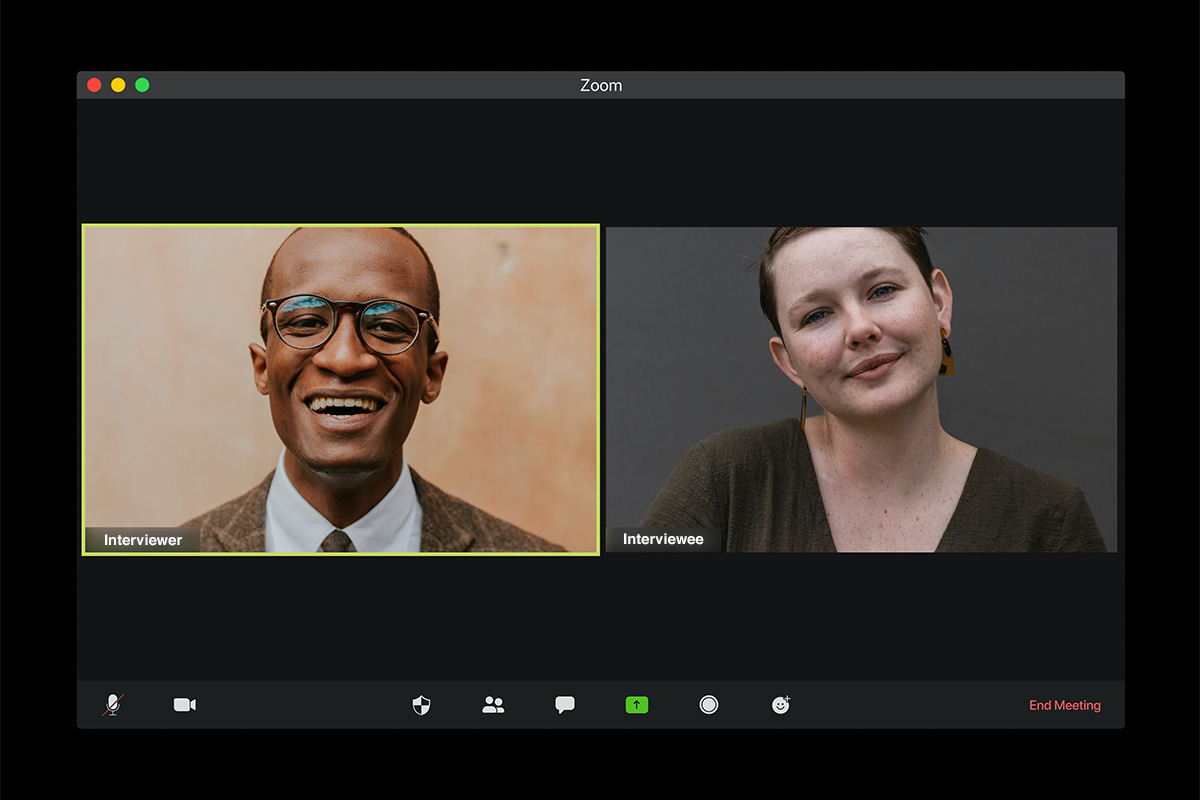
The months of September to November evoke a mix of feelings in the minds of internal medicine residents seeking a fellowship position, as well as the program leadership responsible for interviewing candidates.
With the evolving global pandemic, the interview process has been particularly challenging for candidates to project their strengths and to evaluate the program structure.
Video conferencing for interviews raises a new paradigm in the interview process and a level of unfamiliarity for candidates and interviewers alike. Despite this, there are always useful "tips and tricks," which remain the same regardless of the interview format. It is prudent to understand the do's and don'ts of the interview process.
As I look back on my own interview experiences during the fellowship match process two years ago, I felt compelled to share my own tips and tricks, which I hope may prove be useful.

Be Yourself
First and foremost, be yourself and try to relax. Everyone knows how stressful the interview process can be and how difficult it is to stay relaxed. However, train yourself to be relaxed since it will certainly enhance your interview experience and is likely to demonstrate the best version of you.
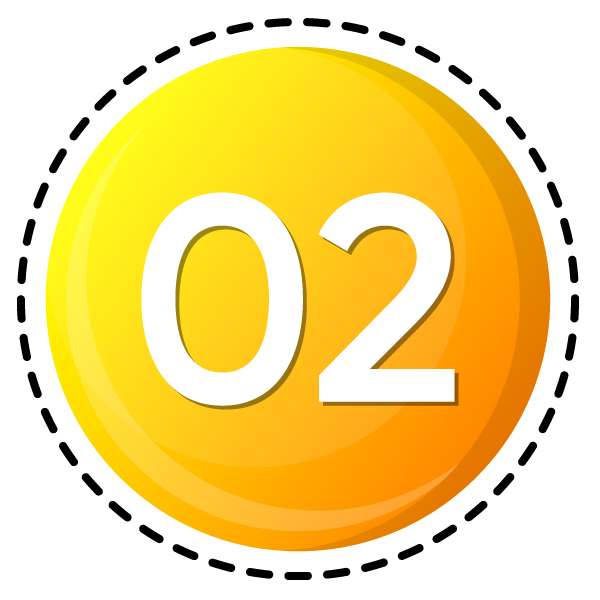
Common Things are Common
Prepare for common questions asked during these interviews. The fellowship programs (and the faculty) are trying to source their future colleagues among the candidates. Being able to articulate why you are interested in cardiology fellowship, the specific program, what you can bring to the institution and what your expected career trajectory would look like is important – even though you and the program both know that it might change over time. On the contrary, acknowledge you do not know if you really do not know. It is ok to be open minded to the opportunities and the uncertainties.
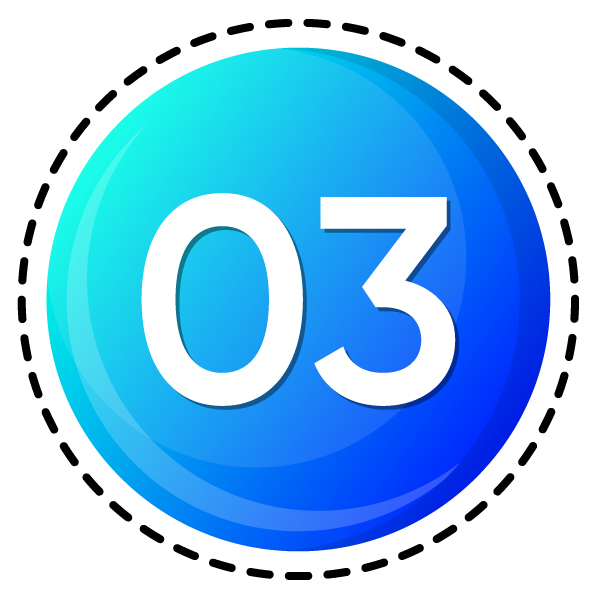
Do Your Research
Review the program and the division details the day prior from your interview date. Use the program and division webpages for this purpose and try to know specific strengths, weaknesses and unique aspects of the program. It shows the program that you have done your homework and come prepared. Consider seeking out current fellows from that institution for some tips and advice.
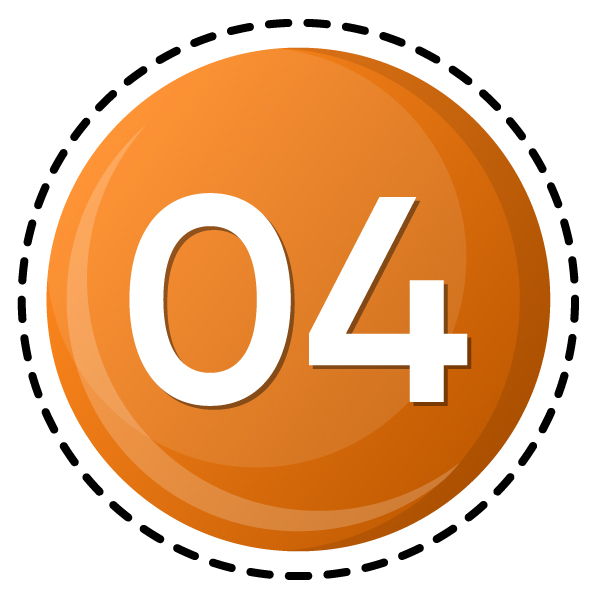
Prepare Your Questions
Prepare some questions to ask the interviewers about the program and its divisions. It is always useful to ask the faculty and the fellows what the program strengths and weaknesses are, as well as the unique aspects of the program, as you will be surprised at the diversity of answers that will enhance your knowledge about the program. Moreover, asking questions reflects your interest in their program.
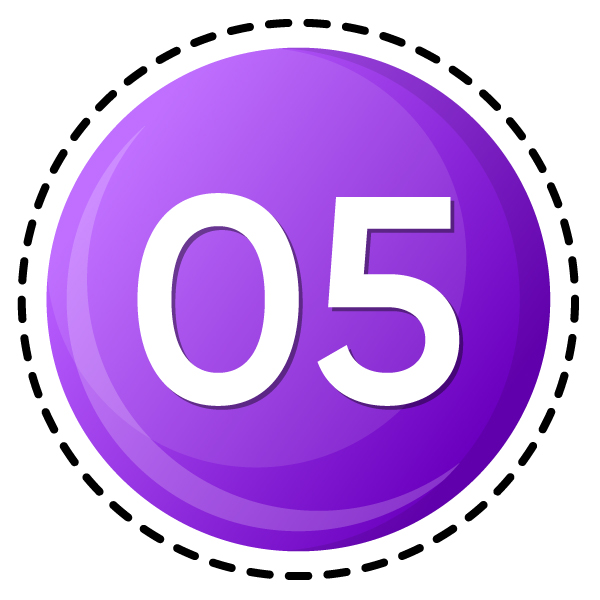
Due Diligence
If you are provided with a list of faculty interviewing you, make the best of that opportunity and search for their interests (clinical, research and otherwise) on the program website or on online search databases like PubMed, Google Scholar or SCOPUS so that you can ask strategic questions or incorporate this into your answers where relevant.
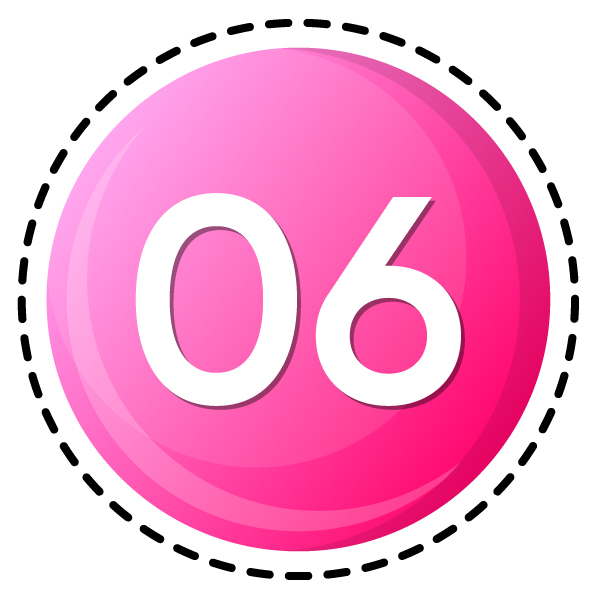
Value Alignment
Fellowship interviews are a bidirectional process, so make sure the program values align with your values. Ensure to ask about how the program will help you with your career, your role within the unit and clarify any uncertainty.
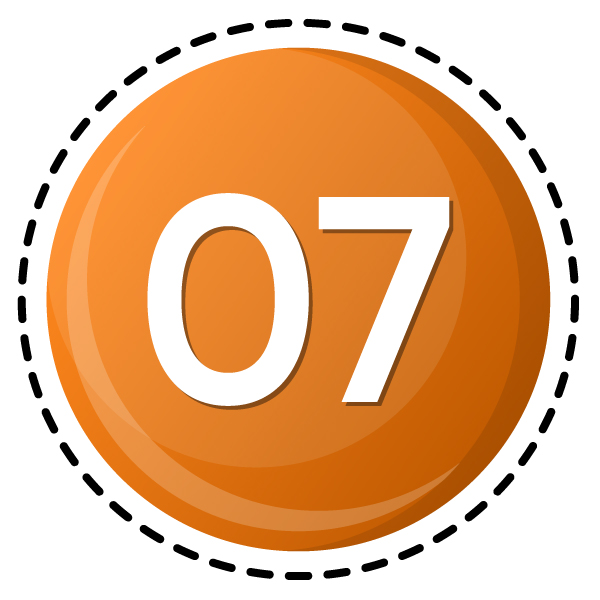
Know Your CV
You must know everything on your own CV and have an explanation for every single point. Be ready to talk about successes and hardships in an equally articulated manner. From personal experience, fellowship programs admire honesty and clarity of thought much more over perfection.
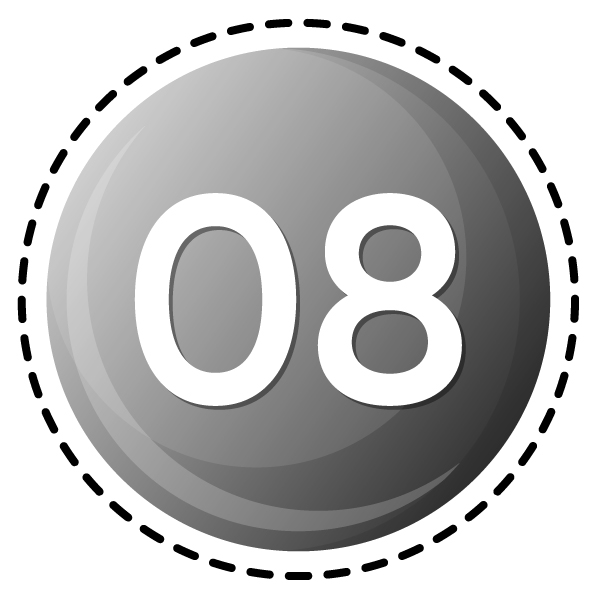
Honesty is Key
If you have red flags on your CV, do not shy away from them. Do take the initiative and talk about the values they taught you and how you overcame them.
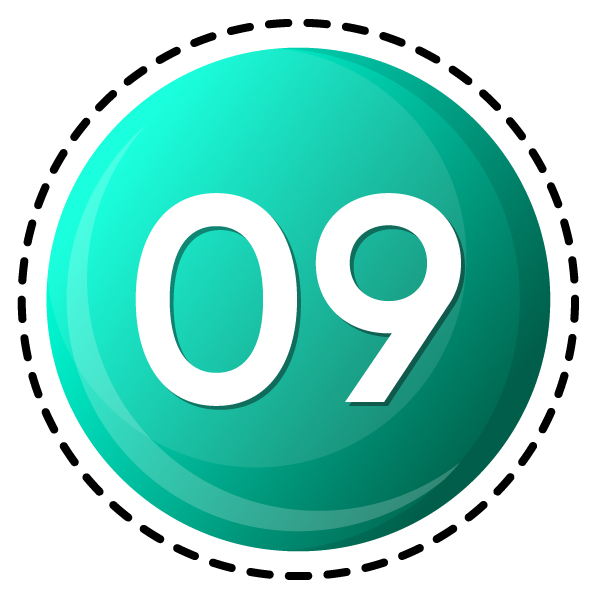
Highlight Your Achievements
If you have done extra work, published another paper or volunteered in any project since submitting your application, have it handy on you to give it to the interviewer. If you have a specific publication where you are the first author, always keep a few printed copies with you, or in the zoom era, keep PDFs of them handy to share with the interviewers.
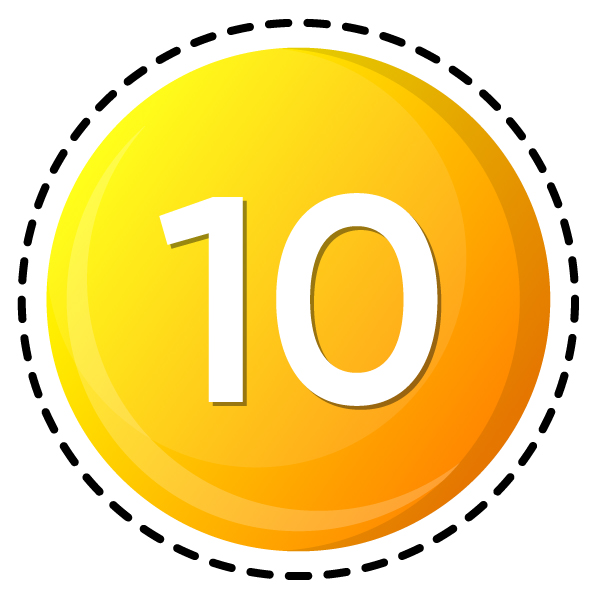
Be Humble
Even though everyone knows that the fellowship interviews are your moments to make yourself look the best candidate, do not boast or be too proud. Acknowledge the role your colleagues, mentors, friends and family played in making you the success that you are today. A little humility goes a long way.
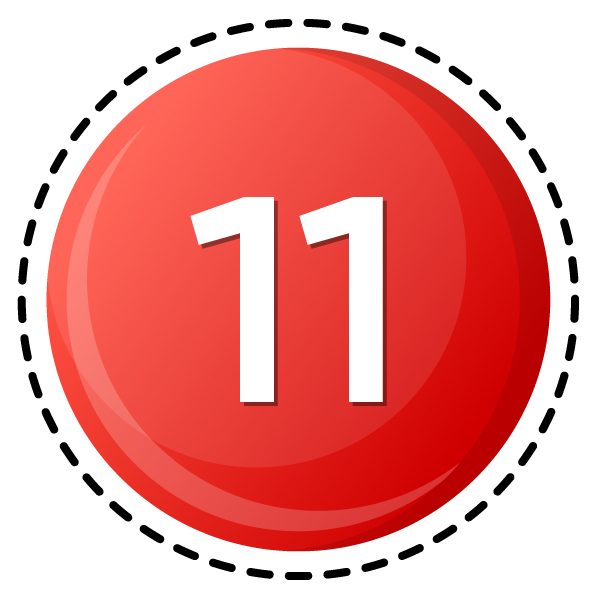
Show Respect
Be friendly, courteous and respectful to everyone. It is true that everyone you interact with may potentially be interviewing you and can form an opinion that may persuade or dissuade the program's interest in you. Your reputation is your best asset.
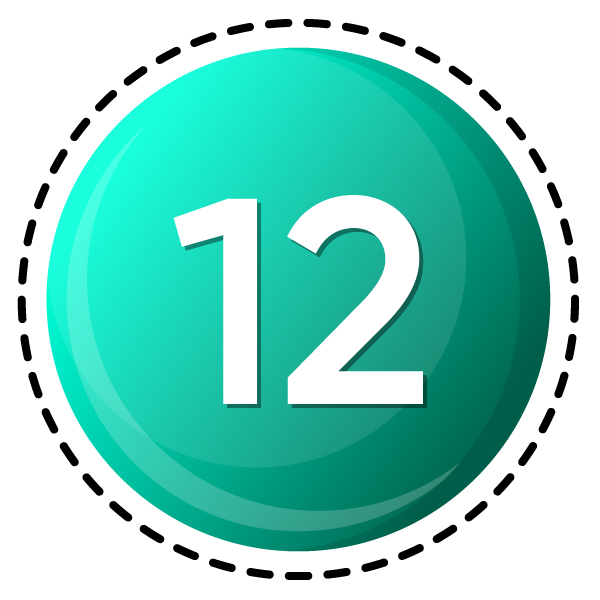
Avoid Generic Answers
Do not answer questions based on what you think your interviewer wants to hear. Honesty always makes an impression and ensures your fit with that of the program.
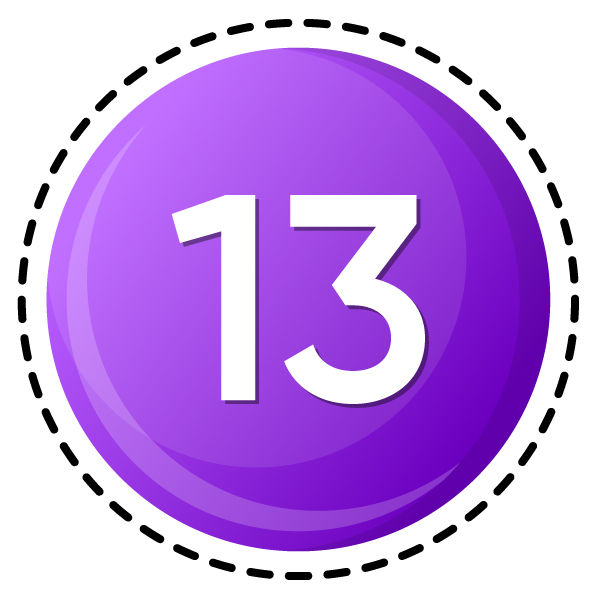
Highlight Your Extra-Curriculars
Be ready to talk about your hobbies, interests, opinions, travel etc. that is not related to the work as interviewers may want to see if you are well-rounded.
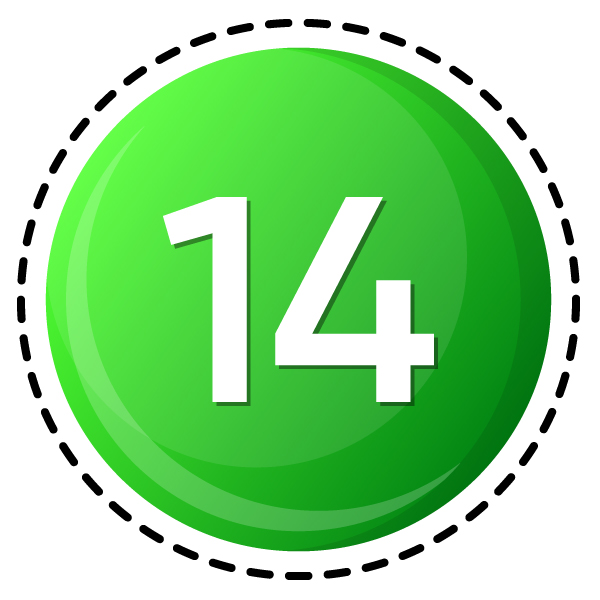
Ensure Stable Internet and Access to the Link
In the era of COVID-19, make sure you have a laptop with a stable internet connection. It is absolutely fine to use some areas in the hospital (empty clinic space, call rooms, etc.) if you need a stronger and more stable internet connection. Make sure you have quiet surroundings if you are at the hospital and that the room you are in is not untidy. Also make sure you have easy access to the link for the video conference. Save the emails with these links under a separate folder or save the links for different places under an Excel or Word file saved separately.
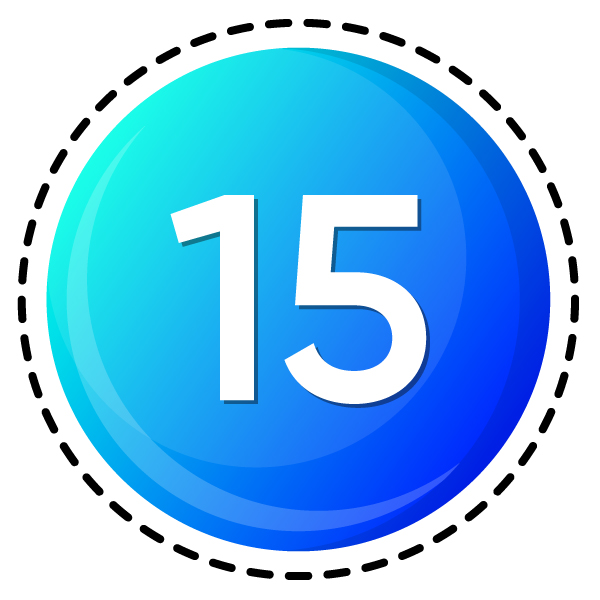
Avoid Technical Glitches and Have a Backup Plan
Make sure that the equipment you are using (e.g. speakers, microphones, EarPods, etc.) are in working order the day before the interview, and always have a backup plan.
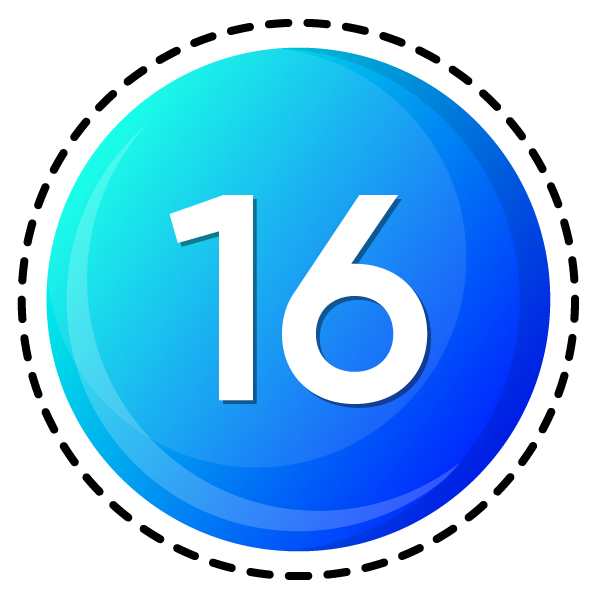
Show Gratitude
Always thank the faculty, fellows and coordinators for their time. Contrary to what is mentioned in most of the official statements, thank you emails (specifically with some personal or particular details about the interview) are always appreciated. Try your best to send these emails within a day of the interview.
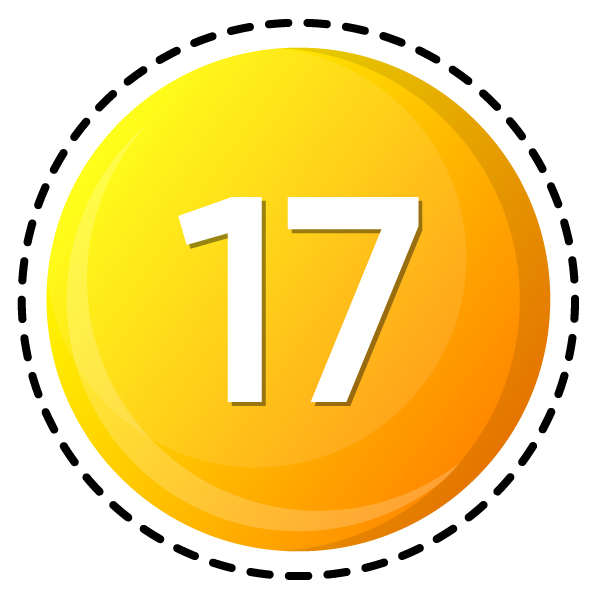
Practice, Practice, Practice
To familiarize with the video conference-based interview process, try to do a mock interview with a colleague or a friend. Moreover, consider filming yourself to reduce any embarrassment, refine your answers and identify and avoid any odd facial expressions or excessive hand gestures. You will be far more relaxed on the day if you get it out of your system!
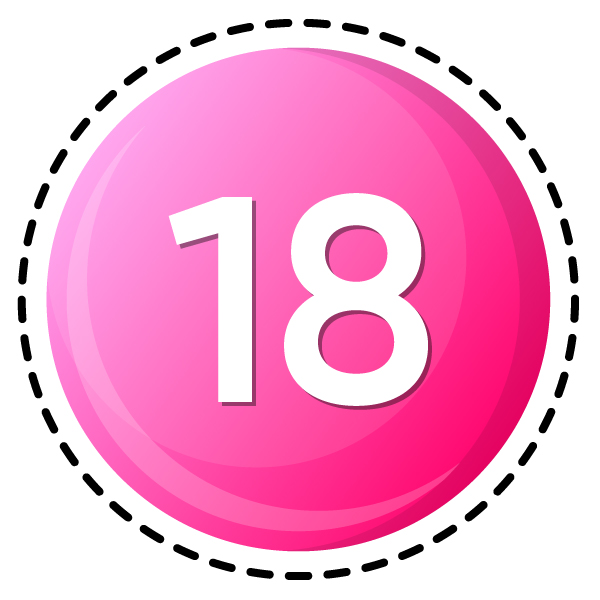
Finally, Enjoy the Process
This list is by no means exhaustive and candidates may have diverse experiences based on various programs and their interview processes. However, I hope it provides some insight from the "other side of the table" and helps you with preparing for your interviews.
Good luck, everyone!

